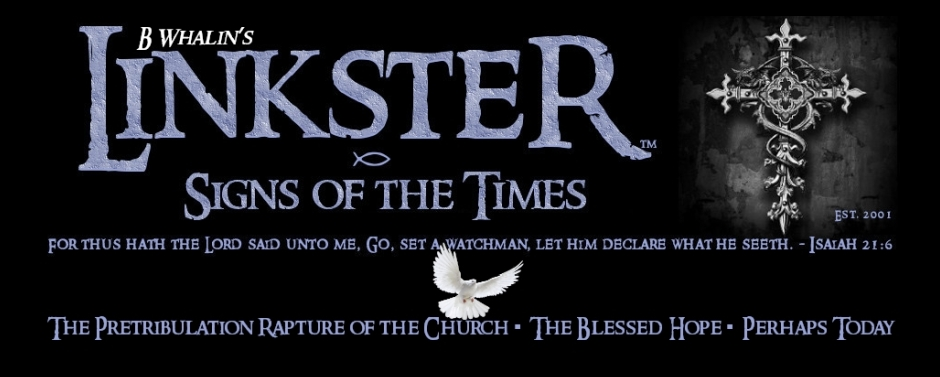
Charles Carroll of Carrollton
United States Senator - Maryland
(March 4, 1789 – November 30, 1792)
Continental Congress Delegate
Confederation Congress Delegate
Signatory of the Declaration of Independence
(March 4, 1789 – November 30, 1792)
Continental Congress Delegate
Confederation Congress Delegate
Signatory of the Declaration of Independence
On ‘God, Jesus & America’
America’s Christian Heritage
Biography
Charles Carroll (September 19, 1737 – November 14, 1832), known as Charles Carroll of Carrollton or Charles Carroll III to distinguish him from his similarly named relatives, was a wealthy Maryland planter and an early advocate of independence from Great Britain. He served as a delegate to the Continental Congress and Confederation Congress and later as first United States Senator for Maryland. He was the only Catholic and the longest-lived (and last surviving) signatory of the Declaration of Independence, dying at the age of 95, at his city mansion (largest and most expensive in town) in Baltimore's neighborhood of Jonestown on East Lombard and South Front Streets, by the Jones Falls. » Full Bio
» See All ‘Quotable Quotes’
This Day In History 72 Years Ago
World War II - December 8, 1941
World War II - December 8, 1941
The United States Declares War On Japan
On this day, as America's Pacific fleet lay in ruins at Pearl Harbor, President Franklin Roosevelt requests, and receives, a declaration of war against Japan.
Leaning heavily on the arm of his son James, a Marine captain, FDR walked haltingly into the House of Representatives at noon to request a declaration of war from the House and address the nation via radio. "Yesterday," the president proclaimed, "December 7, 1941—a date which will live in infamy—the United States of America was suddenly and deliberately attacked by naval and air forces of the Empire of Japan. No matter how long it may take us to overcome this premeditated invasion, the American people in their righteous might will win through to absolute victory." » Full Article
Leaning heavily on the arm of his son James, a Marine captain, FDR walked haltingly into the House of Representatives at noon to request a declaration of war from the House and address the nation via radio. "Yesterday," the president proclaimed, "December 7, 1941—a date which will live in infamy—the United States of America was suddenly and deliberately attacked by naval and air forces of the Empire of Japan. No matter how long it may take us to overcome this premeditated invasion, the American people in their righteous might will win through to absolute victory." » Full Article
» History | Site
» Ultimate History Quiz
“The Ultimate History Quiz features thousands of questions about American and global history trivia. Play now to challenge your friends, and see how you stack up to the competition.”
Franklin Delano Roosevelt - Pearl Harbor Address
“Infamy Speech”
The Presidential Address to Congress of December 8, 1941 (known as the Infamy Speech or Day of Infamy Speech was delivered at 12:30 p.m. that day to a Joint Session of Congress by United States President Franklin D. Roosevelt, one day after the Empire of Japan's attack on Pearl Harbor Naval Base, Hawaii.




 Samuel Adams (September 27 1722 – October 2, 1803) was an American statesman, political philosopher, and one of the Founding Fathers of the United States. As a politician in colonial Massachusetts, Adams was a leader of the movement that became the American Revolution, and was one of the architects of the principles of American republicanism that shaped the political culture of the United States. He was a second cousin to President John Adams.
Samuel Adams (September 27 1722 – October 2, 1803) was an American statesman, political philosopher, and one of the Founding Fathers of the United States. As a politician in colonial Massachusetts, Adams was a leader of the movement that became the American Revolution, and was one of the architects of the principles of American republicanism that shaped the political culture of the United States. He was a second cousin to President John Adams.  Abraham Lincoln February 12, 1809 – April 14, 1865) was the 16th President of the United States, serving from March 1861 until his assassination in April 1865. Lincoln led the United States through its greatest constitutional, military, and moral crises—the American Civil War—preserving the Union, abolishing slavery, strengthening the national government and modernizing the economy. Reared in a poor family on the western frontier, Lincoln was self-educated, and became a country lawyer, a Whig Party leader, Illinois state legislator during the 1830s, and a one-term member of the United States House of Representatives during the 1840s.
Abraham Lincoln February 12, 1809 – April 14, 1865) was the 16th President of the United States, serving from March 1861 until his assassination in April 1865. Lincoln led the United States through its greatest constitutional, military, and moral crises—the American Civil War—preserving the Union, abolishing slavery, strengthening the national government and modernizing the economy. Reared in a poor family on the western frontier, Lincoln was self-educated, and became a country lawyer, a Whig Party leader, Illinois state legislator during the 1830s, and a one-term member of the United States House of Representatives during the 1840s.